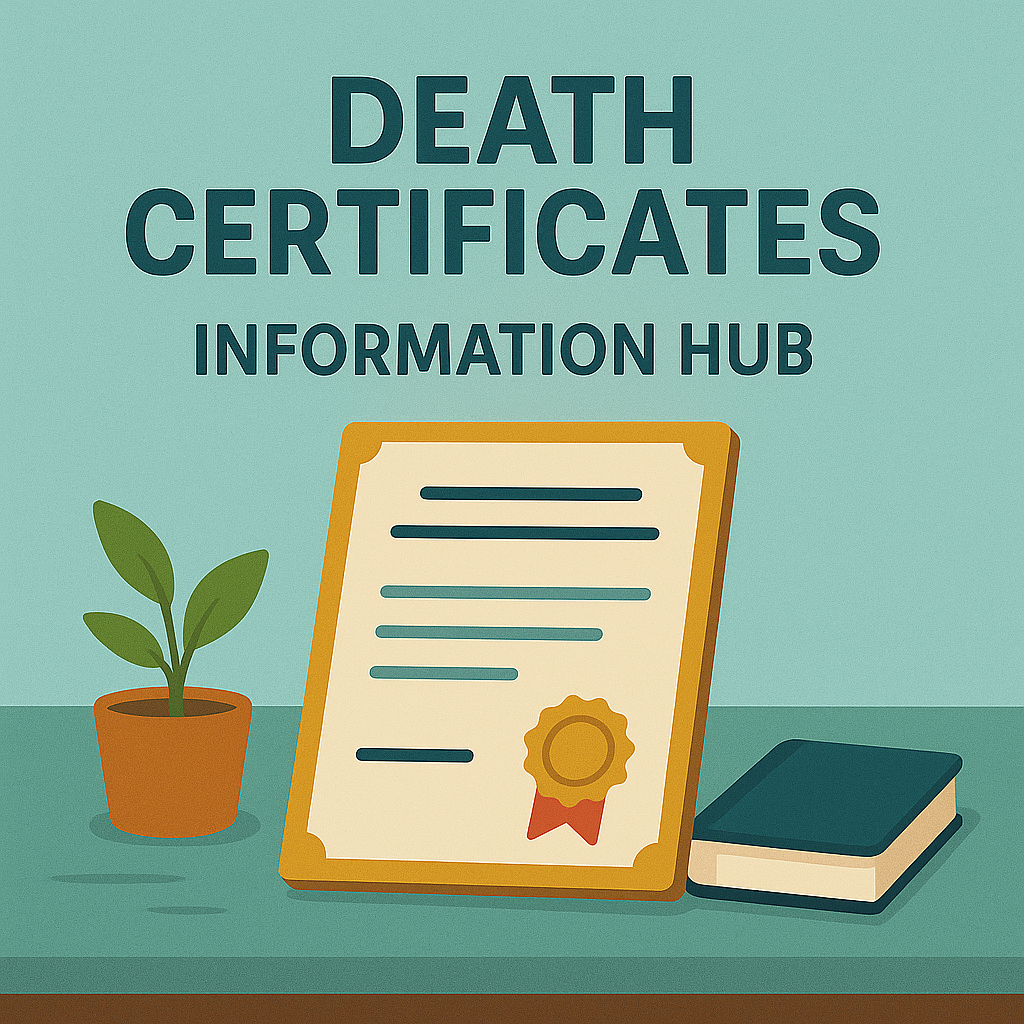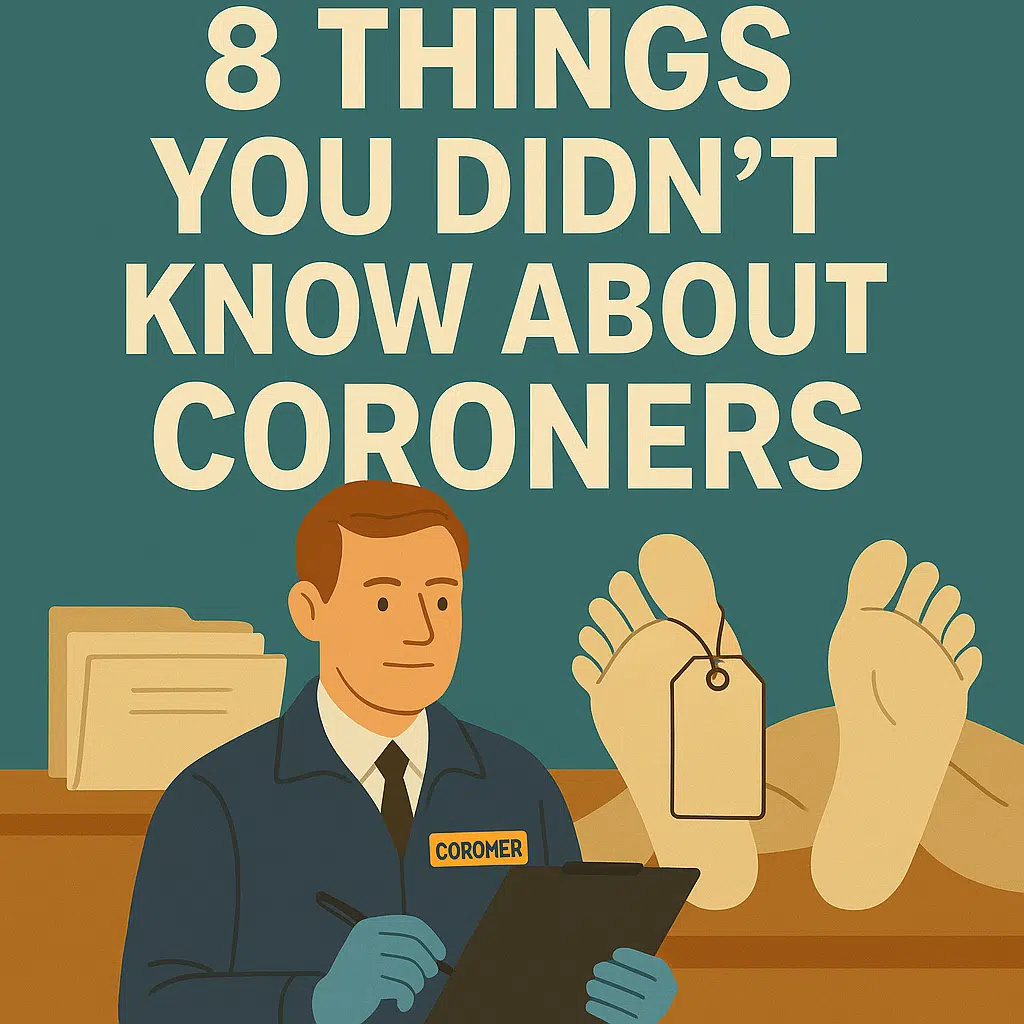The Official Record of Someone’s Death
The Death Certificates Hub
Death certificates are essential documents that provide a legal record of a loved one’s passing and are crucial for settling affairs. This hub offers resources, guidance, and support to help families understand the importance of death certificates, how to obtain them, and how to navigate related processes and decisions with ease and confidence.

Key Things To Know
A death certificate is a vital legal document that serves as official proof of death. It plays a key role in closing accounts, accessing benefits, and settling the estate, so understanding how to obtain and use it is essential.
- Death certificates are issued by the state where the death occurred: They are typically filed by a funeral home, cremation provider, or medical professional within a few days of death.
- You will need multiple certified copies: Many institutions, including banks, insurance companies, and government agencies, require an official certified copy—not a photocopy—to process claims or close accounts.
- The number of copies you need depends on the complexity of the estate: A simple estate might only require 5–10 copies, while a more complex situation could need 15 or more.
- Information must be accurate and consistent: Errors in spelling, dates, or cause of death can delay legal processes and may require formal amendments.
- You can usually request additional copies later: These are available through the state or local vital records office, though turnaround time and fees can vary.
- The death certificate includes sensitive information: It typically lists the deceased's full name, date and place of death, cause of death, Social Security number, and other personal details.
- Processing times can vary by state: Some jurisdictions issue certificates within days, while others may take weeks. This timing can impact probate and benefit applications.
- Funeral homes often handle the initial request: They can help order the first set of certified copies and may offer guidance on how many you should get.
- Only certain people can request copies directly: Access is usually limited to close family members, legal representatives, or executors of the estate.
- You’ll likely need one copy for each major task: This includes claiming life insurance, transferring titles or deeds, closing bank accounts, and filing for Social Security or VA benefits.
Resources
Our resources section provides clear, practical information to help you understand death certificates, from obtaining copies to correcting errors.
Articles
Frequently Asked Questions About Death Certificates
Disclaimer: The information provided on this website and by Buried in Work is for general informational purposes only and should not be considered legal advice. Please consult with a qualified attorney or subject matter expert for advice specific to your situation.




